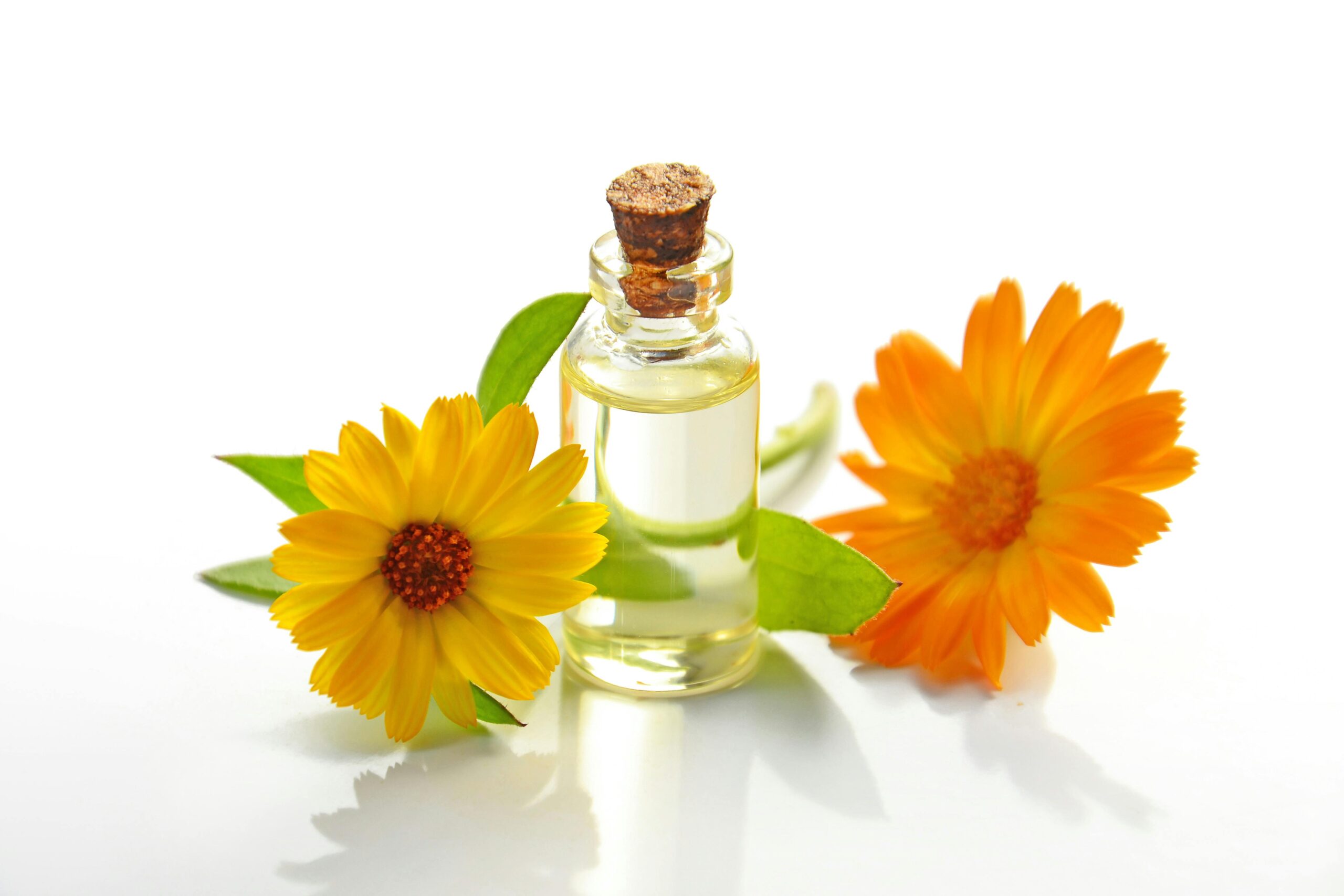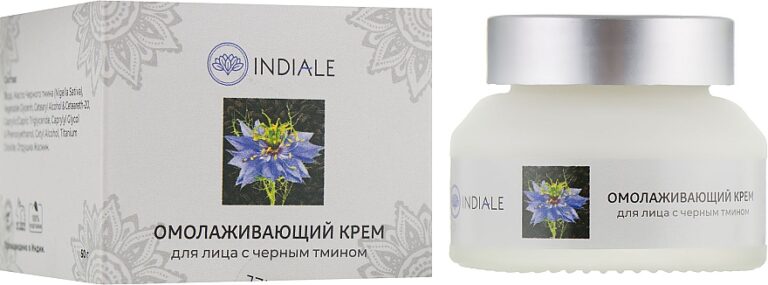Castor oil has been used for centuries for its numerous health and beauty benefits. Extracted from the seeds of the Ricinus communis plant, this natural oil is rich in ricinoleic acid, which contributes to its many therapeutic properties. In this comprehensive guide, we will explore the various uses of castor oil, its health benefits, and how to incorporate it into your daily routine.
What is Castor Oil?
Castor oil is a thick, pale yellow liquid derived from the seeds of the castor bean plant, known scientifically as Ricinus communis. This oil has been valued for its medicinal properties and versatility in various applications. It is important to note that while castor oil is safe for topical use, the seeds contain ricin, a toxic compound. However, the oil itself is safe for consumption in small quantities when properly processed.
The Nutritional Profile of Castor Oil
Castor oil is predominantly composed of triglycerides, with ricinoleic acid being the primary fatty acid. Other components include oleic acid, linoleic acid, and palmitic acid. The unique composition of castor oil contributes to its effectiveness as a natural remedy for various health issues.
Health Benefits of Castor Oil
Castor oil boasts a range of health benefits, making it a popular choice for both internal and external applications. Here are some of the key benefits:
Digestive Health
One of the most well-known uses of castor oil is as a natural laxative. It helps stimulate bowel movements, making it an effective remedy for constipation. The ricinoleic acid in castor oil increases the secretion of digestive enzymes and enhances intestinal contractions, promoting regularity.
Skin Care
Castor oil is an excellent moisturizer, making it a popular ingredient in many skincare products. Its emollient properties help hydrate the skin, reduce dryness, and soothe irritation. It is also known for its ability to promote wound healing and reduce the appearance of scars and blemishes.
Hair Health
Castor oil is widely used as a natural remedy for hair growth and scalp health. It helps nourish the hair follicles, strengthen hair strands, and reduce hair loss. Additionally, its antifungal and antibacterial properties can help combat dandruff and other scalp issues.
Anti-Inflammatory Properties
The ricinoleic acid in castor oil possesses potent anti-inflammatory properties. This makes it effective in relieving inflammation and discomfort associated with conditions like arthritis, joint pain, and muscle soreness. Applying castor oil topically can help reduce swelling and promote healing.
Pain Relief
Castor oil can provide relief from various types of pain, including headaches, menstrual cramps, and muscle aches. Its anti-inflammatory and analgesic properties make it a natural choice for managing pain without the need for over-the-counter medications.
Immune System Support
Regular consumption of castor oil can help boost the immune system. Its antimicrobial properties can help the body fight infections and promote overall health. Additionally, it may enhance lymphatic circulation, contributing to improved immune function.
Uses of Castor Oil
Castor oil can be used in various ways, depending on your needs. Here are some popular uses:
Castor Oil for Skin
- Moisturizer: Apply castor oil directly to the skin to hydrate and soothe dry areas.
- Acne Treatment: Use castor oil as a natural remedy for acne by applying it to affected areas to reduce inflammation and promote healing.
- Scar Reduction: Regular application can help diminish the appearance of scars and blemishes over time.
Castor Oil for Hair
- Hair Growth: Massage castor oil into the scalp to stimulate hair growth and strengthen hair follicles.
- Deep Conditioner: Use castor oil as a deep conditioning treatment to nourish and moisturize dry or damaged hair.
- Dandruff Relief: Apply castor oil to the scalp to alleviate dandruff and promote a healthy scalp environment.
Castor Oil for Digestive Health
- Laxative: Take a small dose of castor oil to relieve constipation. It is essential to follow dosage guidelines and consult a healthcare professional if needed.
- Digestive Aid: Mix castor oil with other natural ingredients, such as lemon juice or ginger, to enhance its digestive benefits.
Castor Oil for Pain Relief
- Topical Application: Massage castor oil onto areas of pain or inflammation to provide relief from discomfort.
- Castor Oil Packs: Soak a cloth in castor oil and apply it to the affected area, covering it with plastic wrap for added absorption.
Castor Oil in Cosmetic Products
Castor oil is a common ingredient in various cosmetic products, including lip balms, lotions, and makeup. Its moisturizing and nourishing properties make it a popular choice for enhancing skin and hair care formulations.
How to Use Castor Oil
Using castor oil is relatively straightforward, but it is essential to consider the appropriate dosage and application methods for maximum effectiveness.
Dosage for Internal Use
For digestive health, a common dosage is 1 to 2 teaspoons of castor oil. It is crucial to start with a lower dose and increase it as needed, ensuring you do not exceed the recommended amount. Always consult a healthcare professional before using castor oil internally, especially for children or if you have underlying health conditions.
Application for Skin and Hair
For topical use, apply castor oil directly to the skin or hair as needed. You can use a cotton ball or your fingertips to massage it into the desired area. For best results, leave it on for a few hours or overnight before rinsing it off or washing your hair.
Potential Side Effects and Precautions
While castor oil is generally safe for most people, some individuals may experience side effects. These can include:
- Digestive Issues: Overconsumption can lead to diarrhea, abdominal cramps, and nausea.
- Allergic Reactions: Some individuals may be sensitive to castor oil, leading to skin irritation or allergic reactions.
- Pregnancy and Breastfeeding: Pregnant and breastfeeding women should consult a healthcare professional before using castor oil, as it can stimulate uterine contractions.
Always perform a patch test before applying castor oil to a larger area of your skin to check for any adverse reactions. If you experience any negative effects, discontinue use immediately and consult a healthcare professional.
Conclusion
Castor oil is a versatile natural remedy with a wide range of health and beauty benefits. From improving digestive health to promoting skin and hair wellness, its numerous applications make it a valuable addition to any home. By understanding its benefits, uses, and how to incorporate it into your routine, you can harness the power of castor oil for improved health and well-being. Whether used internally or externally, castor oil remains a time-tested solution that continues to be cherished for its therapeutic properties.













